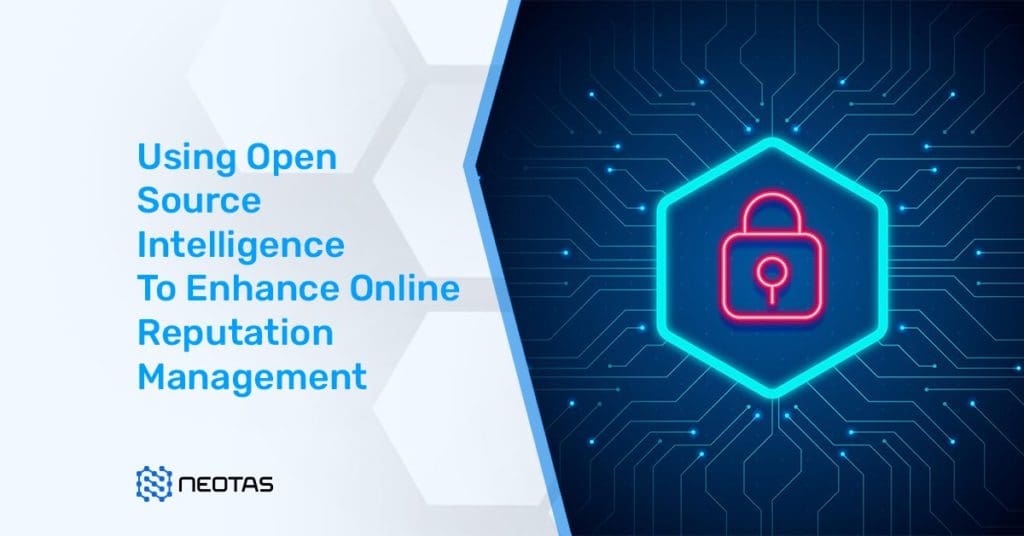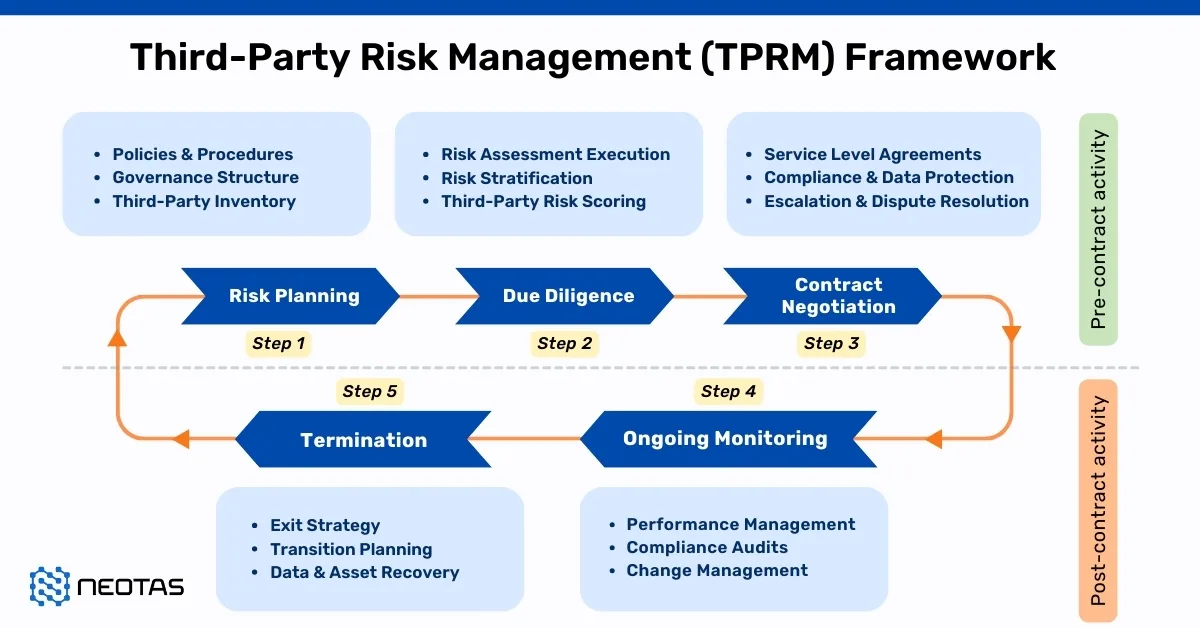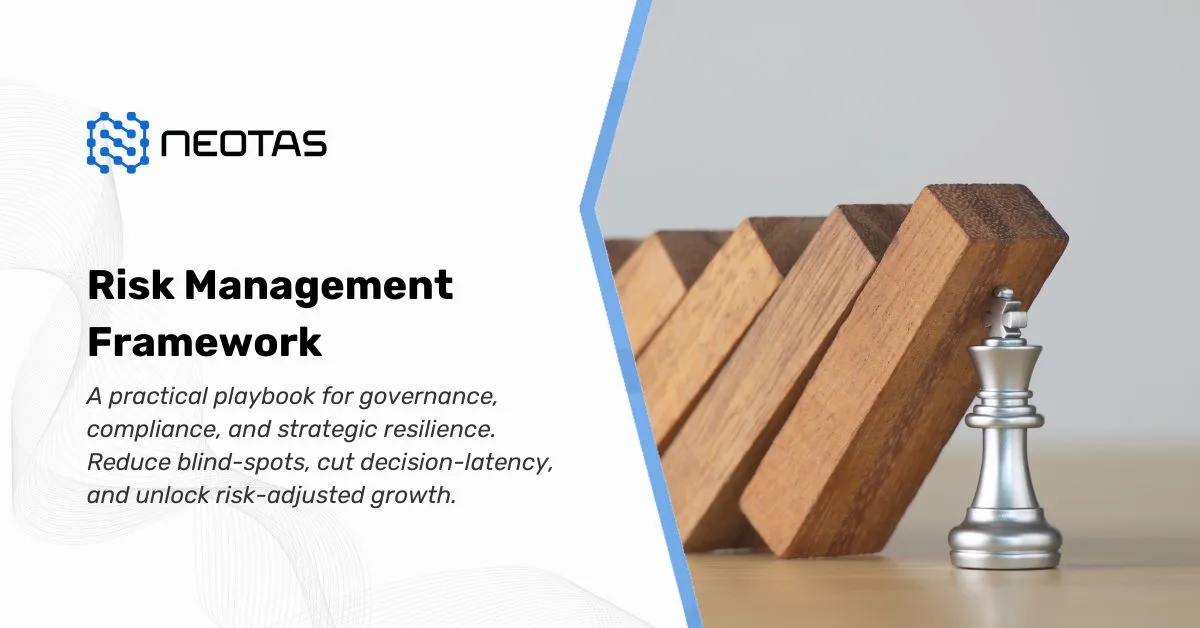Using Open Source Intelligence To Enhance Online Reputation Management :
While reputations can be built, sometimes crafted, over many years, they can be tarnished in an instant. The value of a reputation should not be underestimated and it’s imperative that brands use all of the tools at their disposal to protect and bolster their reputation.
Deloitte have previously determined that up to 75% of a company’s value can be considered intangible. This translates to three quarters of a business’ overall value being vulnerable to reputational damage.
Employing the right technology as part of online reputation management can help brands proactively protect their reputations, mitigating risks and solidifying market perception.
The Evolution Of Risks
In a global economy, risks are more varied in size, location and damage potential than ever before. The online world presents limitless opportunities and risks for brands who are now expected to be available and vigilant 24/7.
These are just some of the types of reputational risks to brands that can be found online:
Consumer & Worker Voice
The internet has granted previously unheard consumers a platform to share feedback, evaluation and criticism.
Consistently negative consumer feedback will undoubtedly reflect poorly on a brand. Monitoring and evaluating consumer feedback can serve as a reflection, at least in part, of the “voice” of a company’s customer base.
Company workers have been granted a similar platform through online review sites such as Glassdoor. Similarly to consumer voice, public employee feedback can act as a barometer for company performance and culture, and will certainly influence the public perception of a brand if a negative news cycle begins to build.
Internal Threats
Internal business threats can come in a host of forms, including confidentiality breaches and personnel misconduct.
Reviewing a management team’s online footprint can help highlight potential risks including damaging behaviours and misconduct – all of which can negatively impact the reputation and value of the target company in the present and future if left unchecked.
Case Study: Online Screening Of Senior Manager Reveals Internal Confidentiality Threat
In a previous case we discovered damning allegations of sexism and derogatory behaviour from staff towards their company’s CEO. Upon reviewing the report, our client decided not to continue with the deal – a decision that was reaffirmed when the CEO of the target company hit the press a year later.
International Risks
Brands that operate internationally need to be aware of the risks that can come with global supply chains, where they may have limited control but could still be vulnerable to reputational damage.
For those brands operating internationally, threats to reputation should also be monitored and considered in different languages. While many online tools claim to give oversight of online and global brand threats, not using a multilingual approach can lead to unnecessary exposure to threats.
Social Media, Brand Ambassadors Brand Values
As has been made very public over recent years, social media has the potential to come back to haunt the reputations of high profile businesses and personnel.
It can reflect poorly on a brand to be associated with individuals who are not seen to represent their values and culture. Australian rugby player Israel Folau lost a number of his endorsement deals after a series of homophobic social media posts, with sponsors announcing that Folau’s views “are not aligned” with their own values.
While in Folau’s case, the brands were forced to be reactive, proactive screening can help lower the risks of brand damage.
We wrote previously of the impact of sport and social media, with England cricketer Ollie Robinson now irrevocably linked to a damaging news cycle surrounding racism and historic social media posts.
Had Robinson’s profile been screened ahead of his selection for England, or in fact ahead of his first professional contract, his employers would have been aware of the posts and could have taken proactive steps towards rehabilitation or punishment for the player, while avoiding a future scandal altogether.
A Recent Example: Driving Ambassador
In a recent case working with a major advertising agency, we conducted open source background checks on a selection of potential ambassadors for an upcoming campaign for an automotive brand.
We conducted searches on a number of high profile names, checking traditional risk behaviours, as well as thematic references focusing on vehicles, driving and similar related themes.
Amongst the findings were behavioural red flags that may have been reputationally challenging for the automotive brand. For one subject, we uncovered a previous driving related conviction that had escaped public attention to date, while another had previously shared derogatory content towards drivers on social media.
Selecting either individual as an ambassador for a global campaign could have caused serious reputational damage for the brand, had they not been fully vetted.
Limited By Online Tools
Although many brands already employ online reputation management tools, many online tools rely on manual searches, or are only able to focus on specific keywords. The limitations of these processes are plain to see, with a restricted view of potential risks.
Traditional online searches are limited by the data sources that they are able to canvas. General internet searches only cover 4-6% of available online data, meaning that online brand management tools only access a small portion of potential risk data.
Using open source intelligence, thereby accessing 100% of available online brand risks, broadens the risk management strategy to include social media, all online activity, adverse media checks and more.
By broadening searches to include thematic or industry-specific terms, like driving or vehicles in the example above, we are able to paint a more complete picture of brand risk no matter the industry.
Lastly, by using tools such as Neotas’ AI powered Platform, we can process risks in over 200 languages, granting even stronger protection for international businesses.
Easy To Lose, Tough To Win Back
Countless examples prove how difficult it can be for brands, businesses and personnel to win back reputations once they’ve been damaged.
Market perception and reputation are perhaps the single most significant external factor in influencing a brand’s overall value. A positive, strong reputation can create value for shareholders, while also improving confidence and trust in the brand for the public and for customers.
Introducing a proactive approach to online reputation management, including the introduction of open source background checks and brand reputation management checks can help limit exposure to potentially damaging threats.
About Using Open Source Intelligence To Enhance Online Reputation Management :
Leveraging Open Source Intelligence (OSINT) to Enhance Online Reputation Management (ORM) is an invaluable strategy in today’s digital landscape. OSINT empowers individuals, businesses, and brands to proactively monitor and manage their online image. By analyzing publicly available data from diverse online sources, including social media, news outlets, forums, and blogs, ORM professionals can swiftly identify and respond to mentions, both positive and negative. OSINT also provides insights into emerging trends, competitor perceptions, and crisis management. This proactive approach not only safeguards a reputation but also enables businesses to adapt, grow, and maintain a positive online presence in an era where perception carries significant weight.
For more information about protecting your brand and online reputation management, schedule a call and speak with our team today.



 New Whitepaper and Checklist
New Whitepaper and Checklist
























